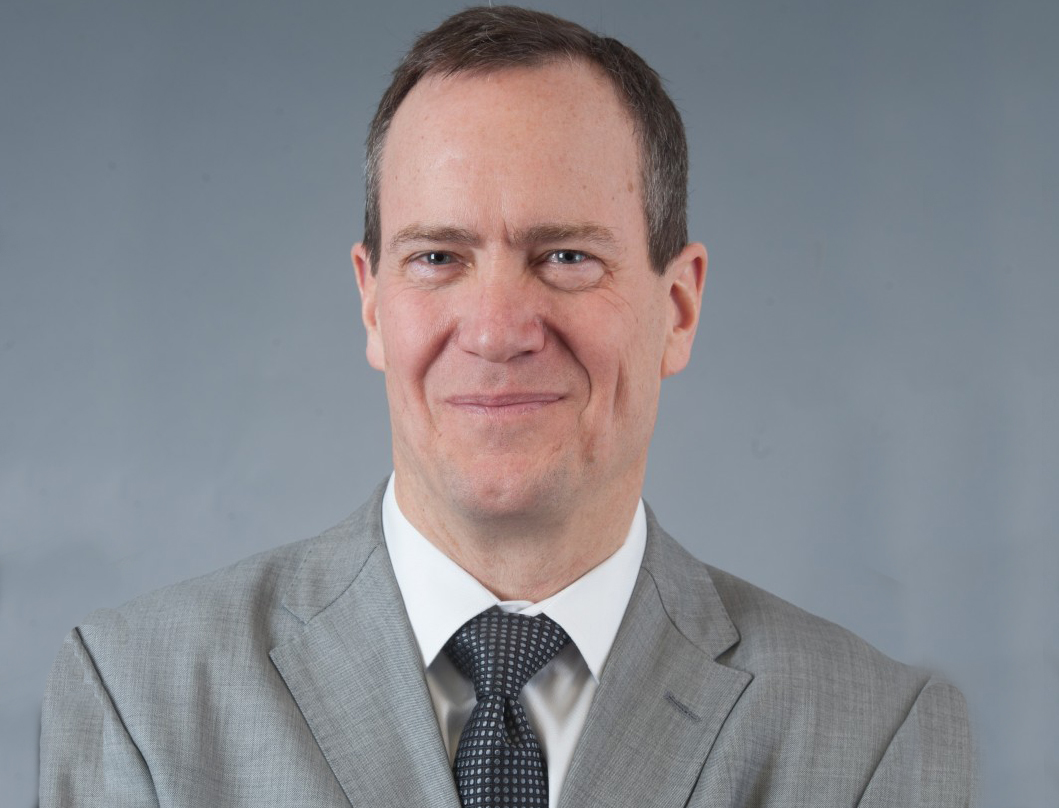As many of you know, I have a profound passion for scientific discovery. Part of what excited me most about directing this department was the vast pool of scientists and the available resources we have as part of the premier research university in the country. One of my goals as director has been and continues to be to help our scientists to reach their full potential. While we have an impressive number of scientists and a wide range of projects, our research is not as impactful as it has the potential to be. As such a large department, I think we fail to take advantage of one of our most useful resources: our peers.
The Division of Pulmonary and Critical Care Medicine has proven the effectiveness of peer review with their internal review process. Developed and implemented by Larissa Shimoda (basic) and Nadia Hansel (clinical), the program creates review committees of 4-6 faculty members, often including individuals who have served/are serving on the study section to which the grant will be submitted. Since the program’s inception in April 2014, 11 K grants have been submitted and reviewed at study section where eight received NIH funding and one received a K-equivalent foundation award. For R-level awards, of the 11 principle investigators that had grants reviewed at study section in the three years before beginning grant reviews, they had a funded/submitted ratio of 2/45 (4.4 percent). In the 2.5 years since beginning internal reviews, the ratio for the same investigators is 15/23 (65 percent).
Pulmonary faculty who have taken advantage of the program sing its praises:
“My specific aims page went through 4-5 cycles of edits,” said Franco D’Alessio, assistant professor. “The committee review was highly constructive and critical. I would like to use this system for all the grants I submit in the future.”
“I think the most valuable part of the review was the help with the messaging of the grant,” said Ramana Sidhaye, associate professor. “In fact, because of these discussions I tweaked the title of the project, and that made my grant go to a whole different study section. This allowed for a much more favorable review.”
On a department level, our vice chairs for research Greg Kirk and Brian O’Rourke have created the DOM Peer Review Portal that allows faculty to upload specific aims or research plan drafts to share with colleagues for internal peer review before submission. Projects will not only be submitted to a default peer review committee, but you have the option to select any potential reviewer with a JHED ID who will be sent a request to join the review process. The portal is open to everyone in the department, and peer review has been proven effective for both junior and senior faculty. I have found it particularly useful for my own grants and am of the belief that there is no level of seniority or experience where it is not valuable.
Obviously, peer review is only effective as long as we have willing reviewers. Together, we have countless years of research experience, but at times we all feel we have countless hours of work ahead of us. I am extremely appreciative of those who have been generous with their time and input for the benefit of their colleagues. The success of our individual researchers reflects well on us all.
 Outside of peer review, our new C-CORE (Collaboration Center of Research Excellence) Initiative has implemented other valuable resources for our research faculty, providing research support services to leverage available resources both within and outside of Hopkins and promote sustainable collaboration. With this, we have created the DOMWiki to provide a convenient, accessible forum for faculty to share available resources related to research, clinical, education, data integrity and information technology. Greg and Brian have also managed to acquire 20 hours of free research consultative services per DOM faculty member via the Biostatistics Epidemiology and Data Management (BEAD) Core.
Outside of peer review, our new C-CORE (Collaboration Center of Research Excellence) Initiative has implemented other valuable resources for our research faculty, providing research support services to leverage available resources both within and outside of Hopkins and promote sustainable collaboration. With this, we have created the DOMWiki to provide a convenient, accessible forum for faculty to share available resources related to research, clinical, education, data integrity and information technology. Greg and Brian have also managed to acquire 20 hours of free research consultative services per DOM faculty member via the Biostatistics Epidemiology and Data Management (BEAD) Core.
It is a privilege to be a part of the Department of Medicine at Johns Hopkins University. With that privilege comes a vast array of resources at our fingertips, and perhaps the best resource we have is each other. Let’s not let it go to waste.
-Mark
Peer Review Portal: https://mygrantreview.johnshopkins.edu/
DOMWiki: http://dom.mediawiki.jhmi.edu/mediawiki/index.php/Research
Medicine Matters Research page: https://medicine-matters.blogs.hopkinsmedicine.org/category/research/
Director's Reflections is a new blog feature that will be posted the first Friday of every month.


